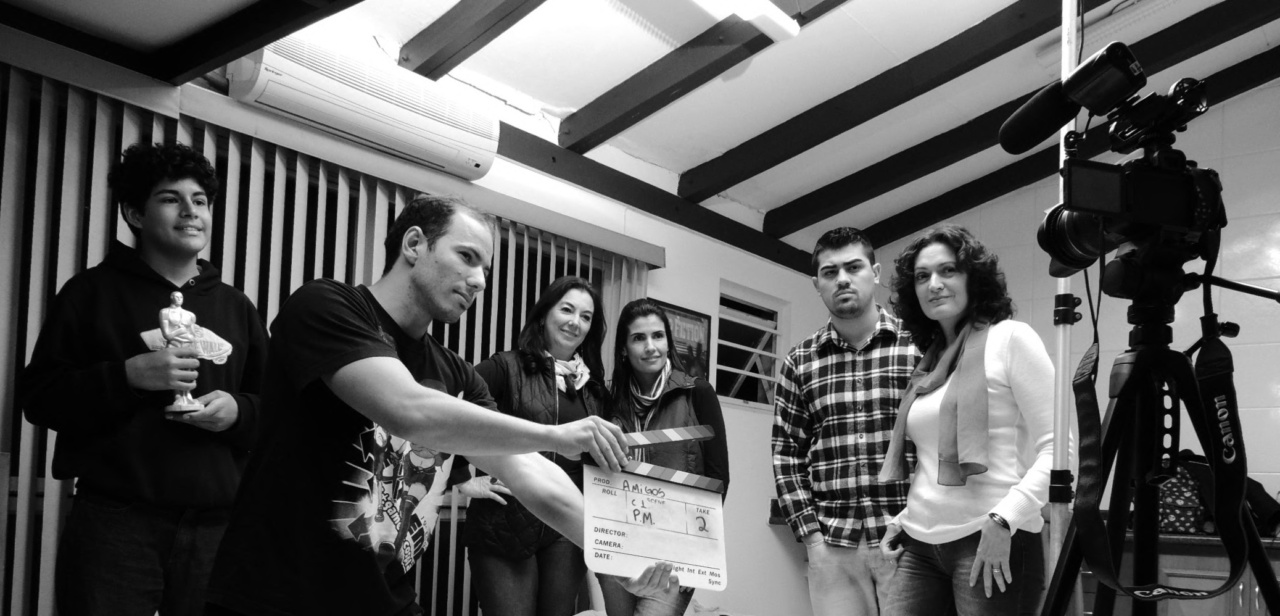Hypertension, commonly known as high blood pressure, affects millions of people worldwide.
It is a serious medical condition that, if left undiagnosed or untreated, can lead to severe health complications such as heart attacks, strokes, and kidney problems.
According to the World Health Organization (WHO), hypertension is the leading cause of premature death globally. It has been estimated that nearly 1.13 billion people are affected by hypertension, with only about half of them aware of their condition.
These alarming statistics highlight the urgent need to raise awareness about hypertension and encourage individuals to take action.
Understanding Hypertension
Hypertension is a chronic condition characterized by persistently elevated blood pressure levels. Blood pressure is a measure of the force exerted by the blood against the walls of the arteries as the heart pumps it around the body.
It is typically expressed as two numbers – systolic pressure over diastolic pressure. Systolic pressure represents the force when the heart contracts, while diastolic pressure represents the force when the heart relaxes between beats.
Normal blood pressure is generally defined as 120/80 mmHg (millimeters of mercury) or lower. Hypertension is diagnosed when blood pressure consistently exceeds 130/80 mmHg.
However, it is important to note that these values may vary based on age, gender, and other factors as determined by healthcare professionals.
The Silent Killer
One of the most concerning aspects of hypertension is that it is often referred to as the “silent killer” because it typically does not present noticeable symptoms until it reaches an advanced stage.
Many individuals may be living with hypertension without realizing it, putting them at significant risk of life-threatening complications.
People with hypertension are more prone to developing heart disease, experiencing sudden cardiac arrests, suffering from strokes, or encountering kidney problems. It can also lead to vision impairment, sexual dysfunction, and cognitive decline.
Therefore, it is crucial to monitor blood pressure regularly and take necessary steps to manage it effectively.
Risk Factors for Hypertension
While the exact causes of hypertension may vary from person to person, several risk factors have been identified that increase the likelihood of developing the condition.
By understanding and addressing these risk factors, individuals can take proactive measures to prevent or manage hypertension.
1. Family History and Genetics
Hypertension tends to run in families, suggesting a genetic link. If someone in your immediate family, such as a parent or sibling, has hypertension, you may have a higher risk of developing the condition.
It is important to be aware of your family’s medical history and discuss it with your healthcare provider.
2. Age
As we age, the risk of hypertension increases due to the natural aging process, changes in blood vessels, and the accumulation of other risk factors over time.
Regular blood pressure monitoring is especially important for older adults to detect any abnormalities early on.
3. Unhealthy Lifestyle Choices
Poor dietary habits, physical inactivity, excessive alcohol consumption, and tobacco use are major contributors to hypertension.
Consuming diets high in sodium, saturated fats, and processed foods, coupled with a sedentary lifestyle, can significantly increase the risk of developing hypertension.
4. Obesity
Being overweight or obese puts extra strain on the heart and increases the risk of hypertension.
Excess body weight is often associated with high cholesterol levels, insulin resistance, and inflammation, all of which contribute to elevated blood pressure.
5. Chronic Conditions
Several chronic medical conditions, such as diabetes, kidney disease, and sleep apnea, are closely linked to hypertension.
Managing these conditions effectively through lifestyle modifications and appropriate medical treatments can help control blood pressure levels.
Prevention and Management
While hypertension is a serious medical condition, the good news is that it can be effectively prevented and managed through a combination of lifestyle changes and, if necessary, medical interventions.
By taking proactive steps, individuals can reduce their risk of developing hypertension and its associated complications.
1. Adopt a Healthy Diet
Eating a balanced diet rich in fruits, vegetables, whole grains, lean proteins, and low-fat dairy products is essential for maintaining healthy blood pressure levels.
Limiting the consumption of sodium, saturated fats, and sugary beverages can significantly reduce the risk of hypertension.
2. Engage in Regular Physical Activity
Physical activity helps to maintain a healthy weight, strengthen the heart, and regulate blood pressure. Aim for at least 150 minutes of moderate-intensity aerobic exercise or 75 minutes of vigorous exercise per week.
Find activities you enjoy, such as walking, cycling, swimming, or dancing, to make it a fun and sustainable habit.
3. Limit Alcohol Intake and Quit Smoking
Excessive alcohol consumption can raise blood pressure and increase the risk of developing hypertension. Limiting alcohol intake to moderate levels, i.e., up to one drink per day for women and up to two drinks per day for men, is recommended.
Additionally, quitting smoking is crucial, as it not only raises blood pressure but also damages blood vessels, further contributing to cardiovascular problems.
4. Manage Stress
Chronic stress can lead to elevated blood pressure levels.
Finding healthy coping mechanisms to manage stress, such as practicing relaxation techniques (e.g., deep breathing, meditation, yoga), engaging in hobbies, and maintaining a well-balanced lifestyle, is beneficial for both physical and mental well-being.
5. Monitor Blood Pressure Regularly
Regular blood pressure monitoring is essential for early detection and effective management of hypertension. Home blood pressure monitors are readily available and easy to use.
Keeping track of your readings and sharing them with your healthcare provider can help guide treatment decisions and ensure optimal control of your blood pressure.
Conclusion
Hypertension is a significant global health issue that demands immediate attention. By understanding the risks, adopting healthy lifestyle choices, and actively managing blood pressure, individuals can effectively prevent or manage hypertension.
Regular check-ups with healthcare professionals and compliance with prescribed medications, if necessary, are crucial for maintaining optimal blood pressure levels and leading a healthy life.






























